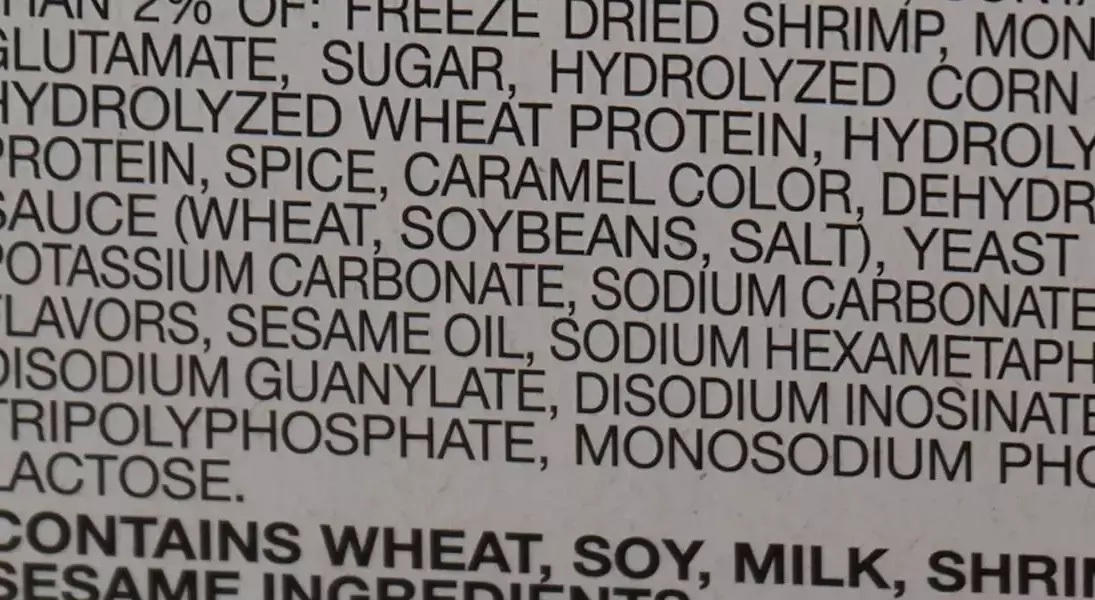
In today's food industry, countless additives enhance the appearance and longevity of products. However, some of these substances carry significant health risks, including links to cancer. Major manufacturers like Lays and Tostitos have pledged to eliminate artificial colors by year-end. Yet, other chemicals remain in our diets, posing potential dangers. This article explores common additives and their impact on health.
From enhancing color to preserving freshness, additives play a crucial role in modern food production. Unfortunately, many of these compounds can negatively affect health. For instance, titanium dioxide, found in candy, damages DNA and is banned in Europe. Other examples include BHA in cured meats, aspartame as an artificial sweetener, and azodicarbonamide used in breads. Each of these has been linked to serious health concerns, emphasizing the importance of reading ingredient labels and opting for unprocessed foods.
Rethinking Common Ingredients
Many everyday food items contain additives that may not be immediately obvious. These substances are designed to improve texture, flavor, or shelf life but often come with hidden health costs. Titanium dioxide, commonly found in brightly colored candies, poses genetic damage risks. Similarly, BHA in cured meats and aspartame in diet sodas raise cancer concerns. Awareness of these ingredients is essential for making informed dietary choices.
Titanium dioxide, a prevalent additive in candies, is associated with DNA damage and is prohibited in most European countries. BHA, present in cured meats, is classified as a potential carcinogen and banned in Europe. Aspartame, an artificial sweetener, also carries possible cancer risks. Additionally, consumers might unknowingly ingest these substances due to labeling loopholes that do not require disclosing exact quantities. Azodicarbonamide, a bleaching agent in breads and pastries, increases cancer risk and can harm vital organs such as the liver and kidneys. Understanding these details empowers individuals to avoid harmful additives by choosing whole, natural foods whenever possible.
Healthier Choices Through Knowledge
Avoiding harmful additives begins with understanding what they are and where they hide. Reading ingredient lists carefully and prioritizing unprocessed foods can significantly reduce exposure to dangerous chemicals. For example, potassium bromate, found in packaged baked goods, raises cancer risks in animal studies. Educating oneself about these risks allows for better dietary decisions, ultimately leading to improved health outcomes.
The journey toward healthier eating involves staying informed about food additives and their effects. A recent study revealed that daily consumption of sugary sodas dramatically increases mouth cancer risks in women, highlighting the importance of scrutinizing both beverages and meals. By steering clear of processed foods and opting for whole, natural alternatives, individuals can take meaningful steps to safeguard their well-being. Experts recommend focusing on fresh, minimally processed options to minimize exposure to harmful additives. Making conscious choices ensures that one’s diet contributes positively to overall health, rather than undermining it through unintended chemical intake.
